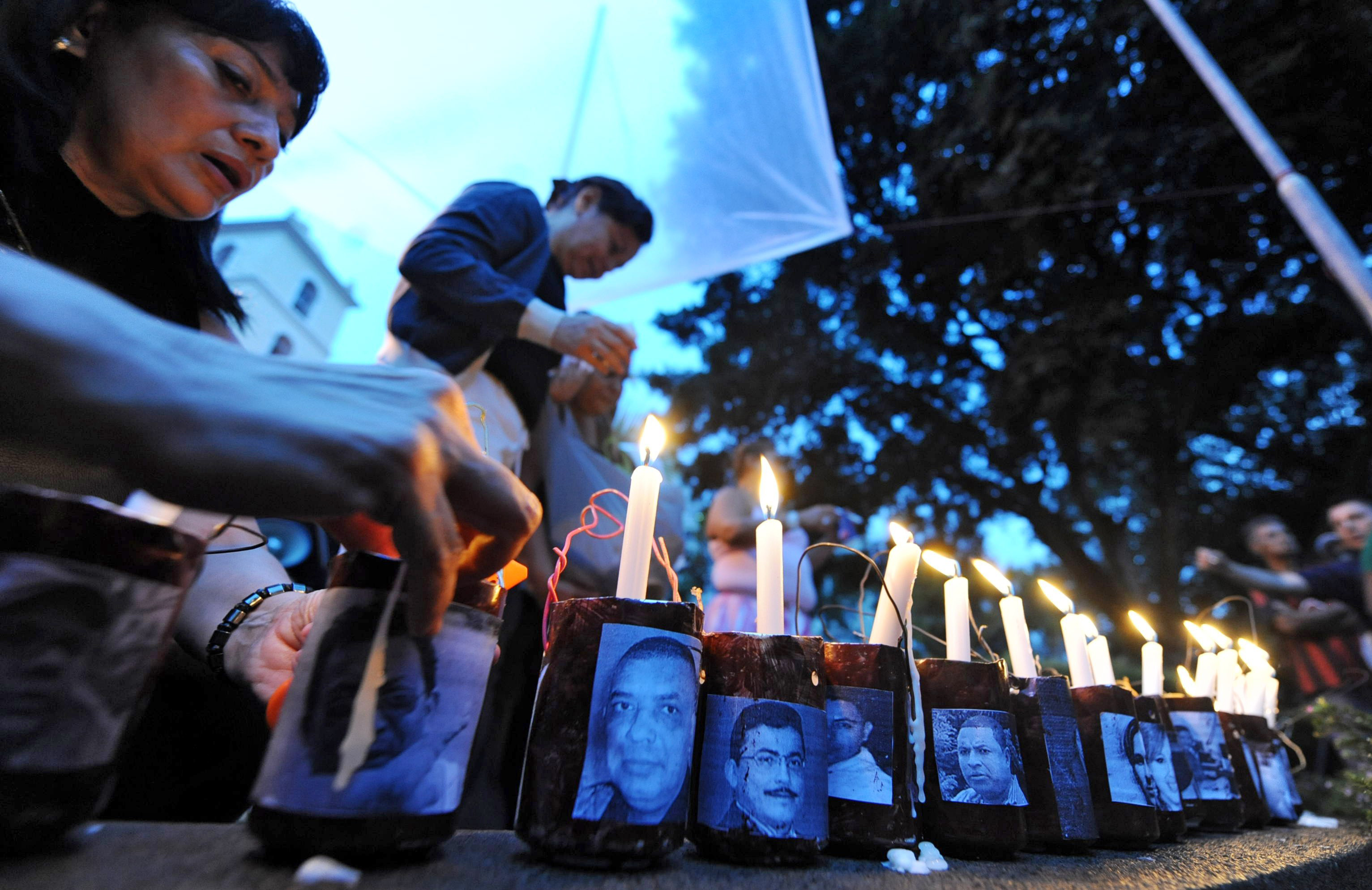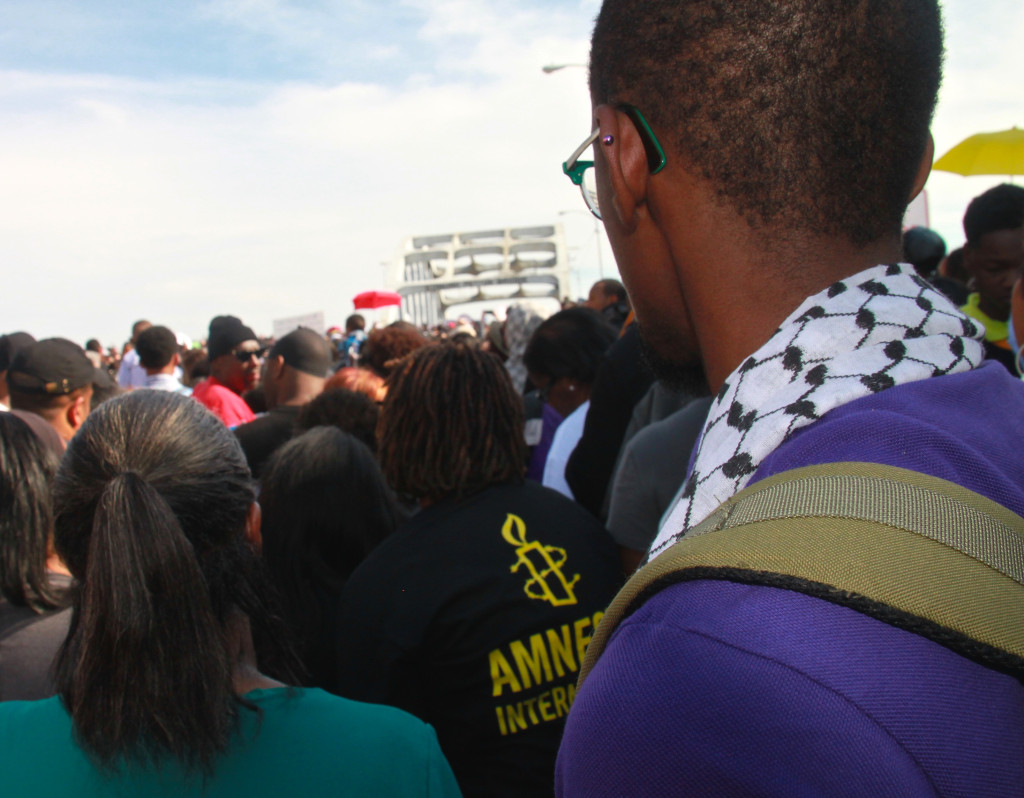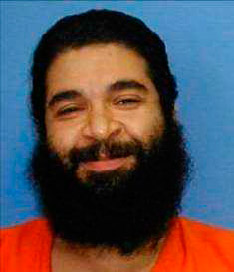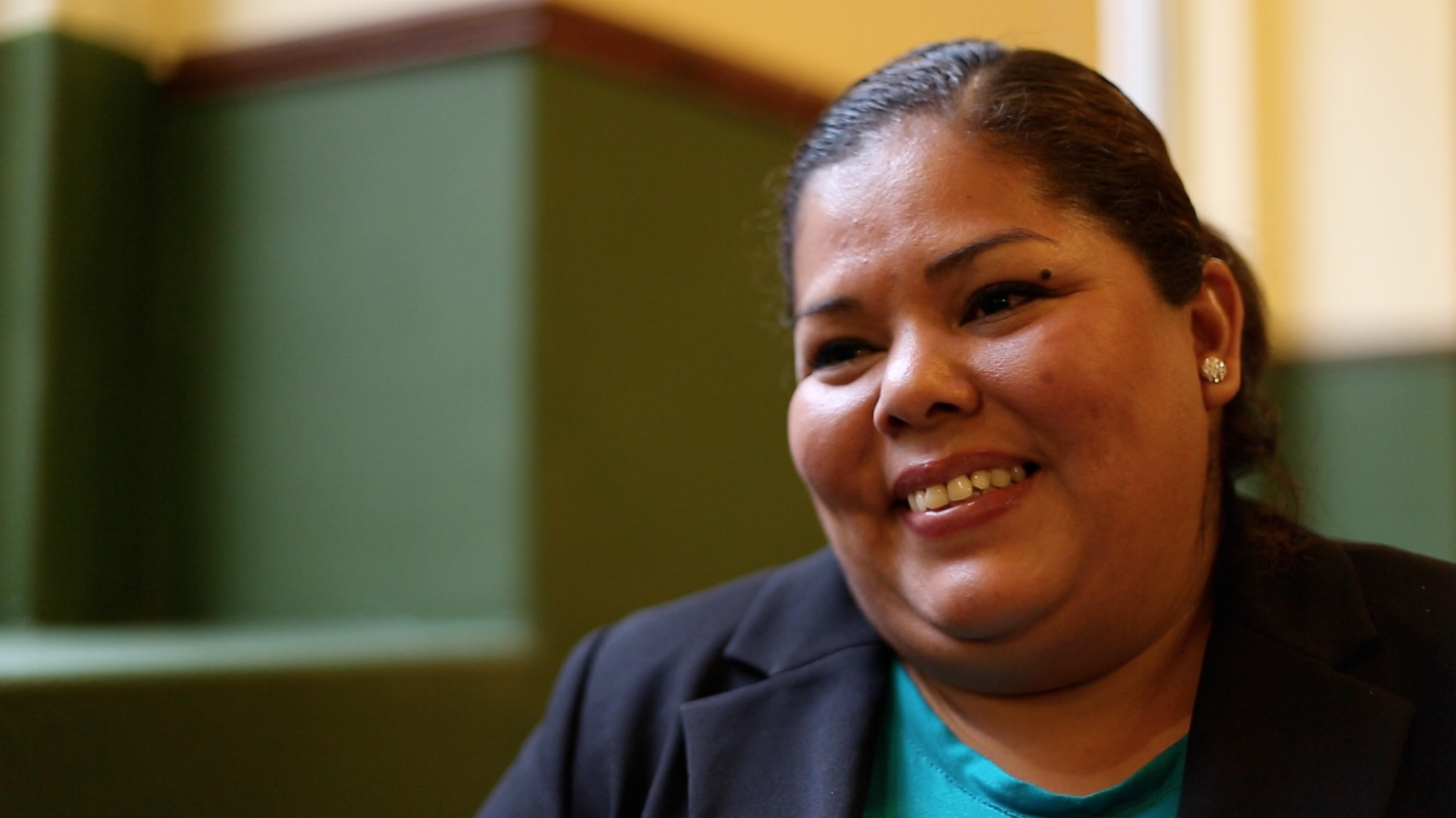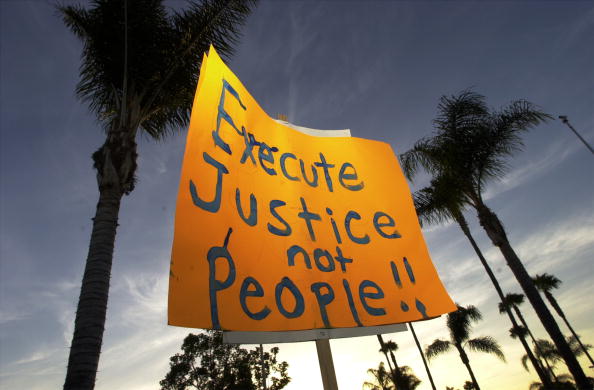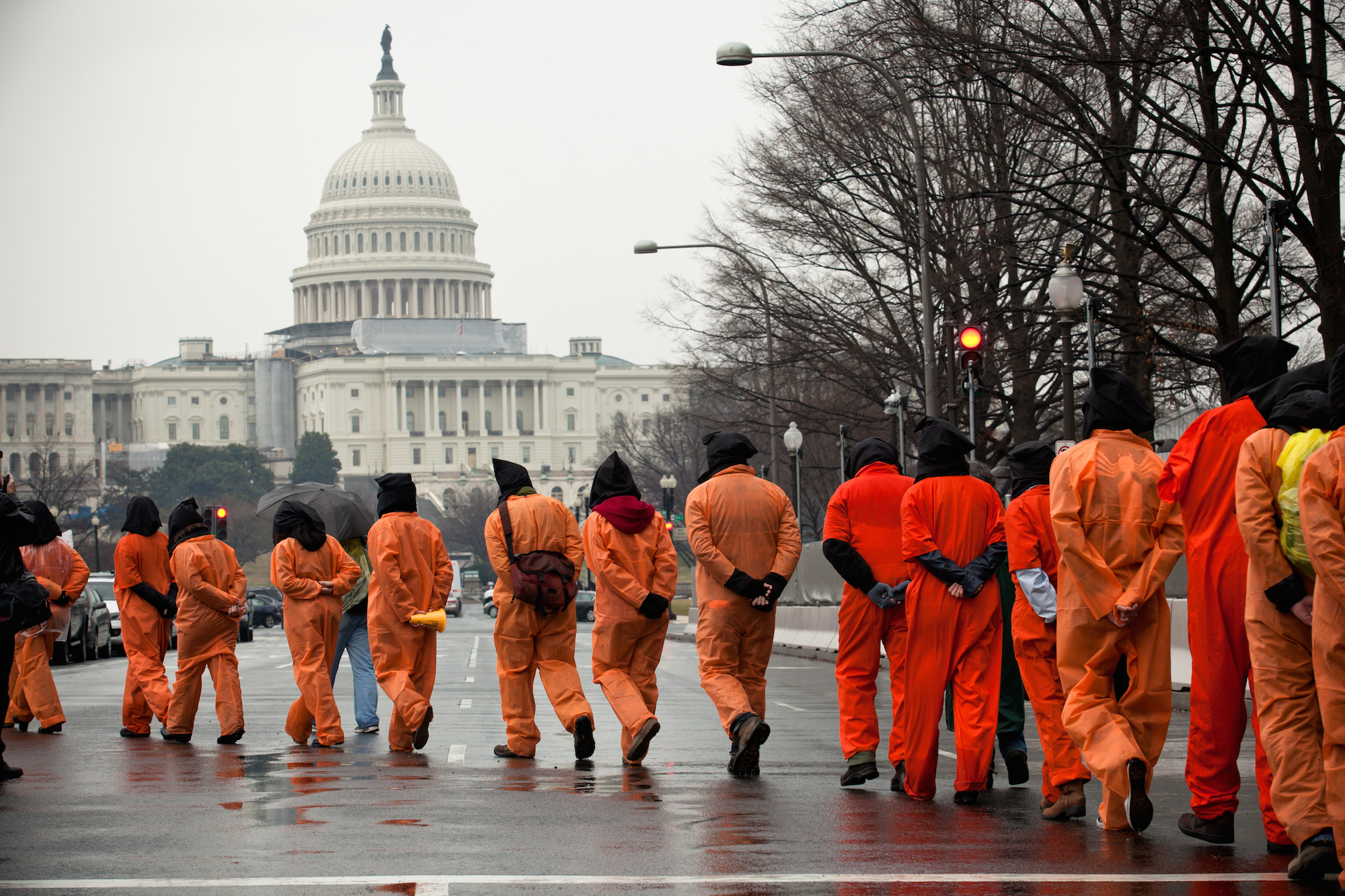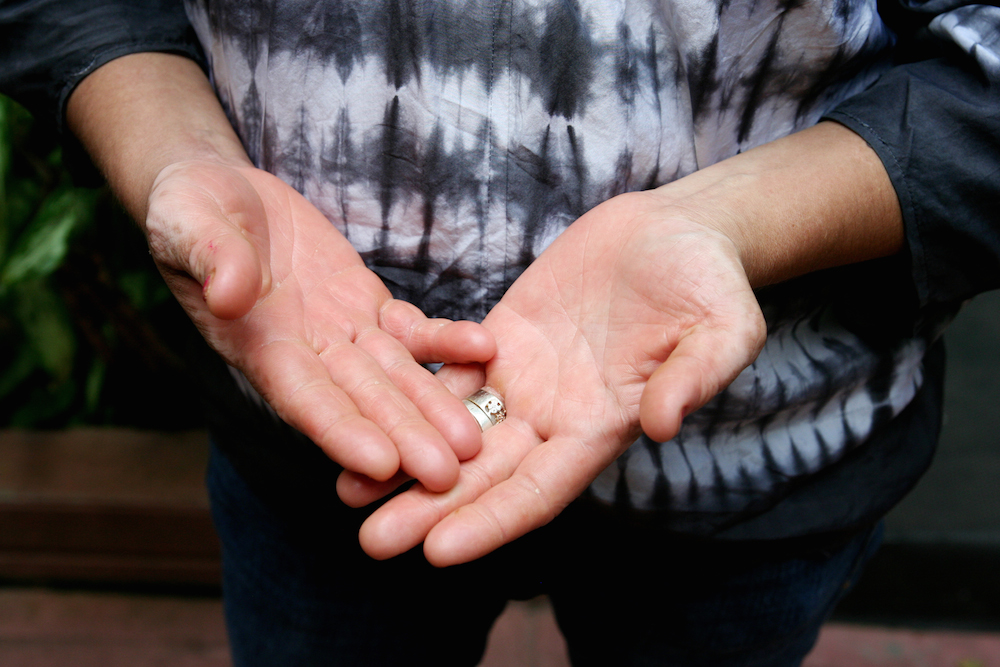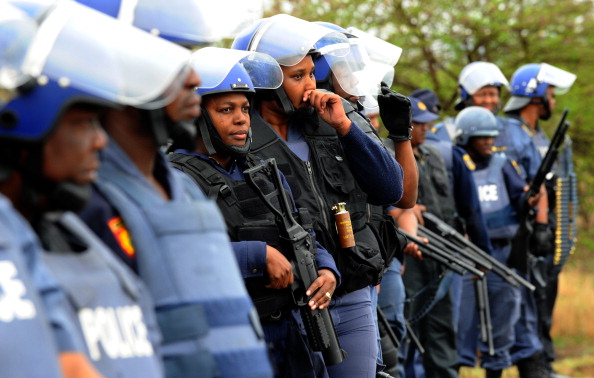
South African police block a march by protesting miners in Rustenburg after a security crackdown in the restive platinum belt where officers shot dead 34 strikers (Photo Credit: Alexander Joe/AFP/GettyImages).
I spend my evenings reading Twitter these days. Scroll, refresh. Scroll, refresh. I’m looking for news, yes, but I’m really looking to see if the people that I know who are protesting are still safe.
Last night, I clicked on a video of protestors gathered in front of the Ferguson police department chanting, “Why you wearing riot gear? We don’t see no riot here!” In the echo of that chant runs an anxiety based on experience: that the tension in each new moment could explode in a canister of teargas or pepper spray, in the blast of a sound cannon, in the firing of rubber bullets.
